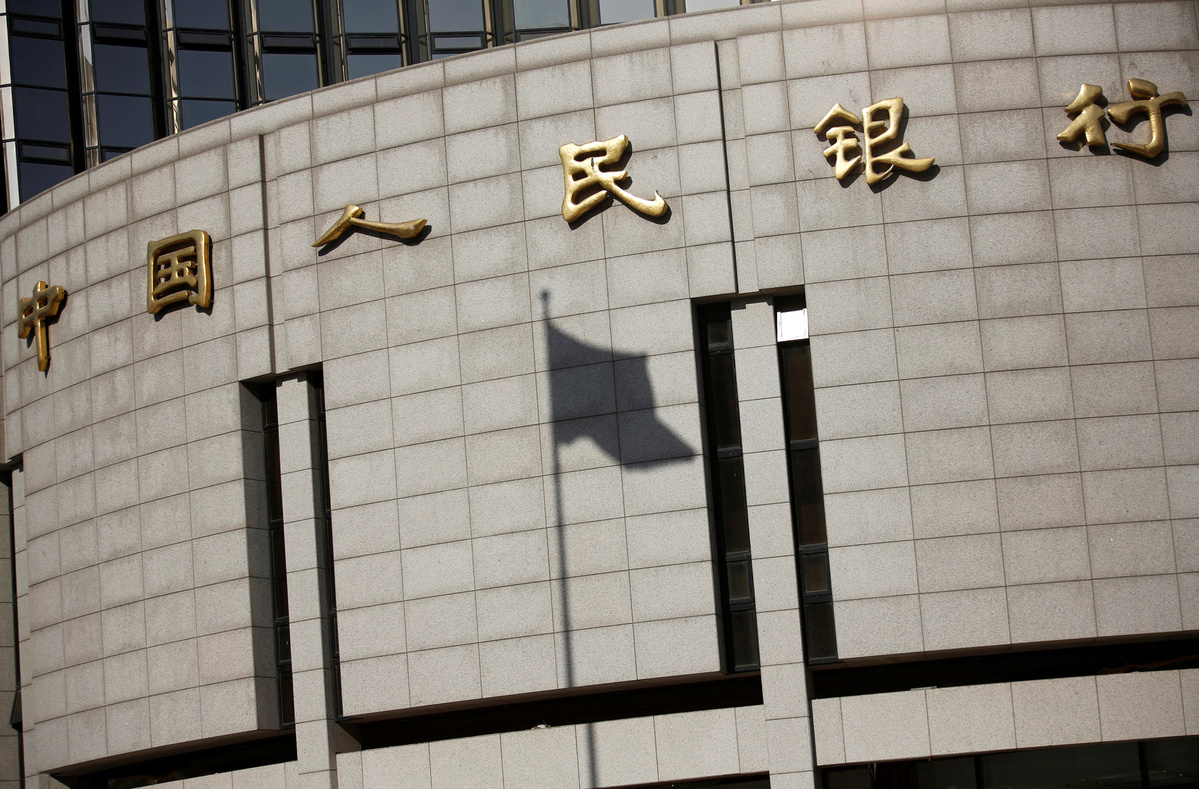Removing bottlenecks for foreign investors


The People's Bank of China and the State Administration of Foreign Exchange recently issued a regulation simplifying the clauses for management of funds invested by overseas institutional investors in domestic securities and futures.
The document abolishes the domestic securities investment quota management requirements for Qualified Foreign Institutional Investors and Renminbi Qualified Foreign Institutional Investors and facilitates registered management of cross-border funds remittance and exchange of qualified investors.
This is a key step toward fulfilling China's commitment to financial openness. As early as last September, the SAFE announced that QFII and RQFII investment quota restrictions will be canceled to improve the degree of renminbi capital account convertibility.
The latest regulation will significantly relax the ban on the entry of qualified foreign investors and greatly facilitate foreign institutional investors willing to invest in the domestic capital market.
China's capital market has not developed enough and its financing system remains unbalanced, with the economy relying excessively on bank credit and the proportion of direct financing staying low. This has weakened the capital market's ability to serve the real economy.
These flaws are a result of a lack of effective governance in the Chinese market. Therefore, promoting reform through opening-up is crucial to improving China's capital market. Allowing the entry of more international capital can optimize the investor structure, improve its financial service capacity, and improve the operation level of the financial sector.
Such capital introduction will also greatly promote the internationalization of China's capital market. China is the world's second-largest economy, and the weak influence of its financial sector in the global market does not match its economic status. So, China needs to raise the role of the renminbi in the international financial market, promote the internationalization of the renminbi and steadily achieve capital account convertibility.
The further opening-up of China's capital market will more vigorously attract international capital, promote the internationalization of China's capital market, catalyze its industrial revolution and also provide better returns for global capital. However, China should also guard against the influx of hot money, given that developed countries have taken more aggressive easing policies than they did after the 2008 global financial crisis, which, if not controlled, may push up China's foreign exchange reserves, exchange rate and housing prices.


































